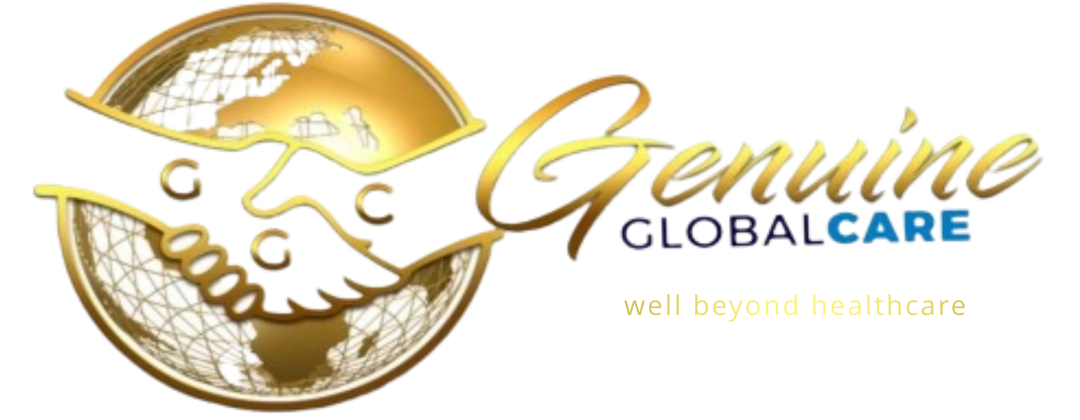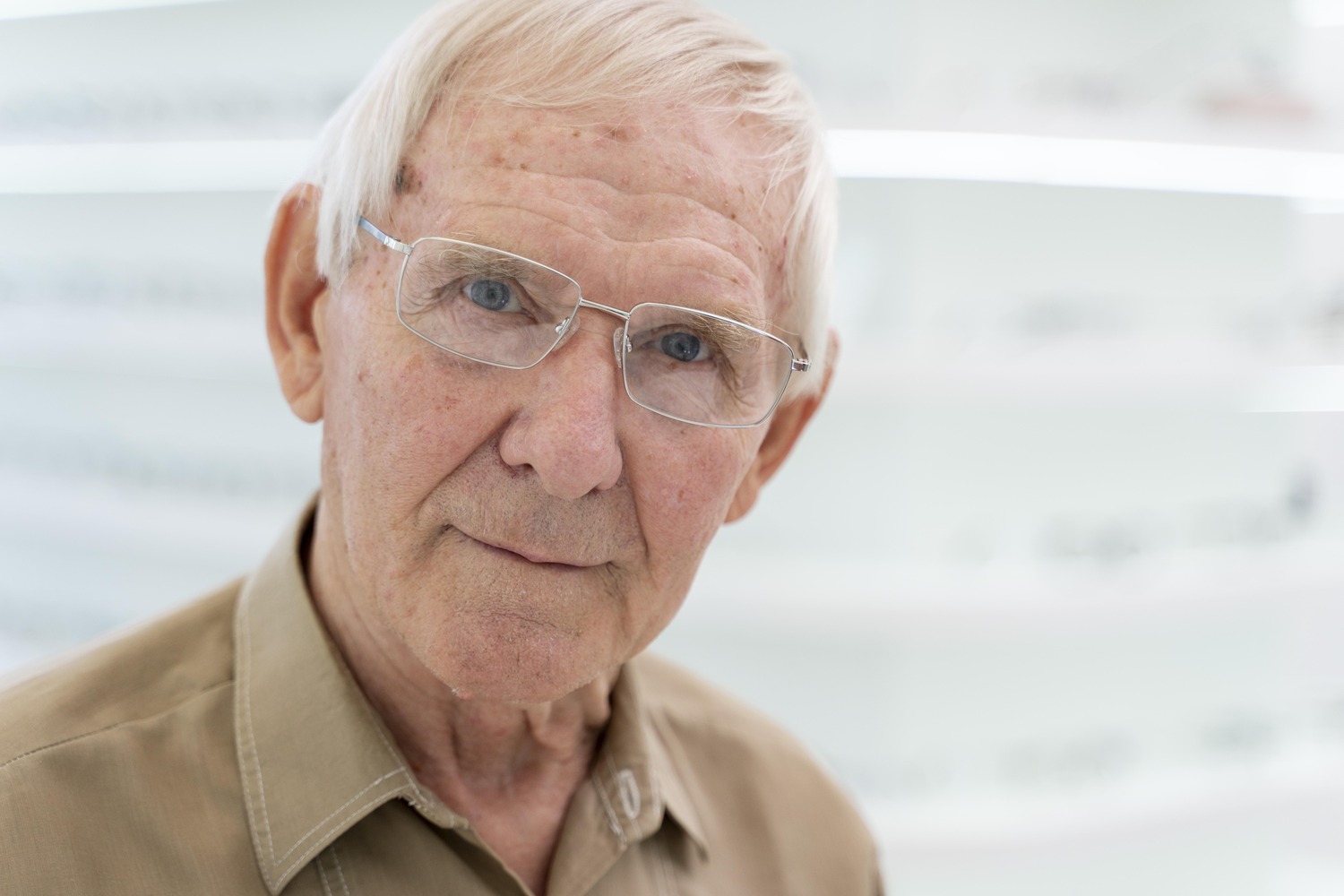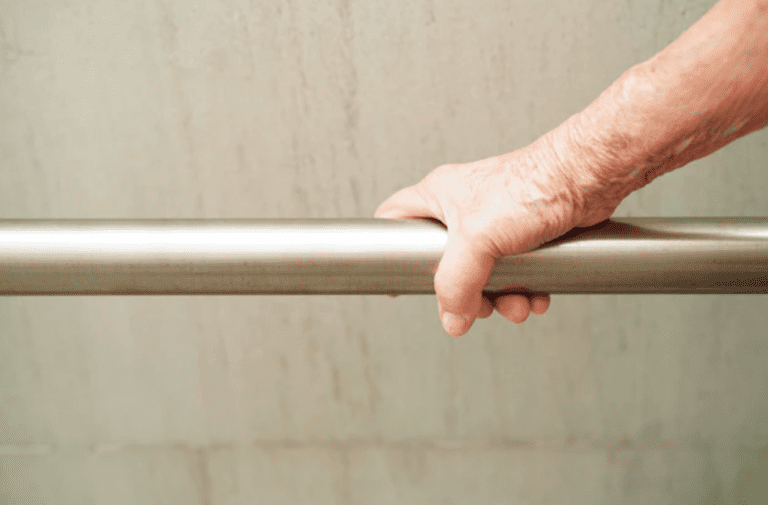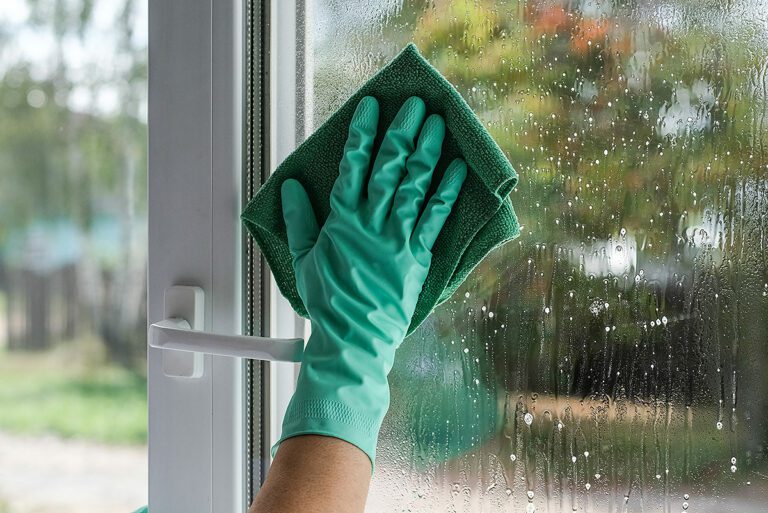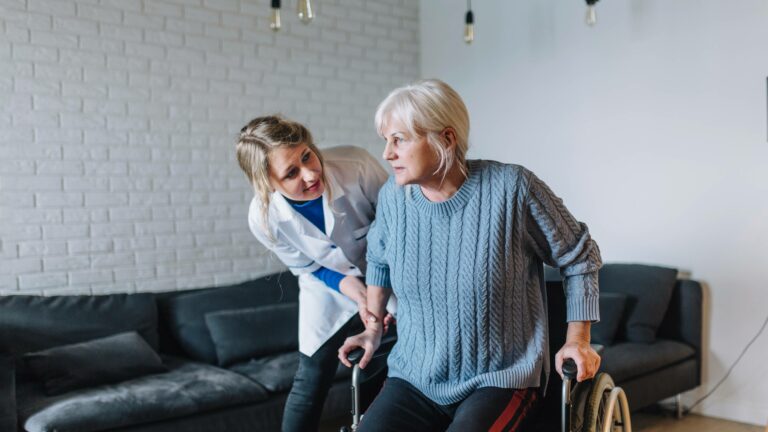10 Indicators that Elderly Care is Now Needed for Your Parents
Caring for aging parents is a natural part of life, but recognizing the signs that your loved one needs professional elderly care can be challenging. It’s essential to be aware of these signs to ensure your parent’s well-being and safety. In this article, we will discuss various indicators that might suggest that it’s time to look into elderly care assistance for your loved one. We’ll also explore the available options for senior care, and highlight Genuine Global Care’s in-home senior care services in Nebraska, Dallas, TX, and Louisville, KY.
1. Changes in Physical Health
One of the first signs that your elderly parent might need assistance is a decline in physical health. Watch out for unexplained weight loss, difficulty in walking or maintaining balance, or frequent accidents and falls. Chronic health conditions that worsen over time can also signal the need for specialized Elderly Care services.
2. Changes in Mental Health
Cognitive decline, memory loss, confusion, or sudden mood swings can indicate underlying health issues, such as dementia or Alzheimer’s disease. These conditions require specialized Elderly Care and attention to ensure your parent’s safety and emotional well-being.
3. Neglecting Personal Hygiene
If you notice your loved one neglecting personal hygiene tasks, such as bathing, grooming, or changing clothes, it could be a sign that they are struggling to manage these tasks independently. This may indicate physical limitations or cognitive decline, making it crucial to consider outside assistance. At Genuine Global Care, we approach these situations with dignity and respect, knowing that it’s not easy to deal with the challenges that come with aging.
If helping with bathing may be something you may want to consider, read our article on how to bathe a senior citizen, which has become a useful resource for family caregivers.
4. Changes in Household Cleanliness
A once well-kept home now in a state of disarray could indicate your parent’s inability to manage household tasks. Look for signs of neglect, such as unwashed dishes, clutter, or a generally unclean environment. This could be an indication that your loved one is struggling to maintain their living space. When addressing such issues, the key is not to alarm them with interrogation, but to gently inquire where they may need assistance.
5. Social Withdrawal
Isolation and social withdrawal are common among seniors who need help. If your parent is no longer engaging in social activities or has withdrawn from their hobbies and interests, it could be due to physical or mental health issues. Loneliness can adversely affect their well-being, making it essential to consider additional support. Encouraging them to participate in social activities, arranging regular visits from friends and family, or considering engaging them in community programs or clubs can help combat their isolation and enhance their social well-being.
6. Difficulty Managing Medications
Seniors often require multiple medications for various health conditions. If your parent is struggling to manage their medications, missing doses, or taking incorrect doses, it could lead to severe health complications. Assistance with medication management is crucial for their overall health and safety. Speak wisely and gently to your loved one about the need for enlisting the assistance of a professional caregiver. This may not be easy, as many times our elderly loved ones prefer to have their independence. If you need help, contact us so we can assist.
7. Unexplained Bruises or Injuries
Frequent unexplained bruises or injuries might indicate falls or accidents that your parent is not mentioning. These incidents can be a sign of physical decline or mobility issues, highlighting the need for assistance and supervision. When you notice bruises, t is crucial to promptly seek medical attention, investigate the cause, and consider making it a time to discuss with them about having a caregiver to ensure their safety and well-being.
8. Changes in Eating Habits: Nutritional Elderly Care Solutions
A sudden change in eating habits, such as loss of appetite or weight gain, could indicate various issues, including depression, dental problems, or difficulty in cooking. Proper nutrition is vital for seniors, and any significant changes in eating patterns should be addressed promptly. Meal assistance, and meal preparation are among the services provided by our caregivers Our senior companions can help to restore mealtime joy for your loved one during their golden years.
9. Financial Difficulties
If your parent is struggling to manage their finances, forgetting to pay bills, or making unusual purchases, it might be a sign of cognitive decline. Financial difficulties can also make them vulnerable to scams and fraud. Assisting them with financial management or involving a trustworthy caregiver can alleviate these concerns, and protect your loved one’s financial future.
10. Caregiver Burnout
Lastly, if you, as the primary caregiver, are feeling overwhelmed, stressed, or burnt out, it might be time to consider additional help. Caregiver burnout can adversely affect your ability to provide adequate care. Seeking professional Elderly Care assistance can provide you with much-needed respite and ensure your parent receives the best care possible.
Final Thoughts:
Recognizing the signs that your elderly parent needs assistance is crucial for their well-being. Addressing these signs promptly can enhance their quality of life and provide you with peace of mind. If you find that your parent requires in-home senior care services, consider getting in touch with us here at Genuine Global Care. With a compassionate and experienced team, we offer tailored Elderly Care solutions to meet your parent’s specific needs. Our services in Nebraska, Dallas, TX, and Louisville, KY, ensure that your loved one receives the highest quality of Elderly Care in the comfort of their own home. Contact us, and let us help you provide the support and assistance your parent deserves during this stage of life.
